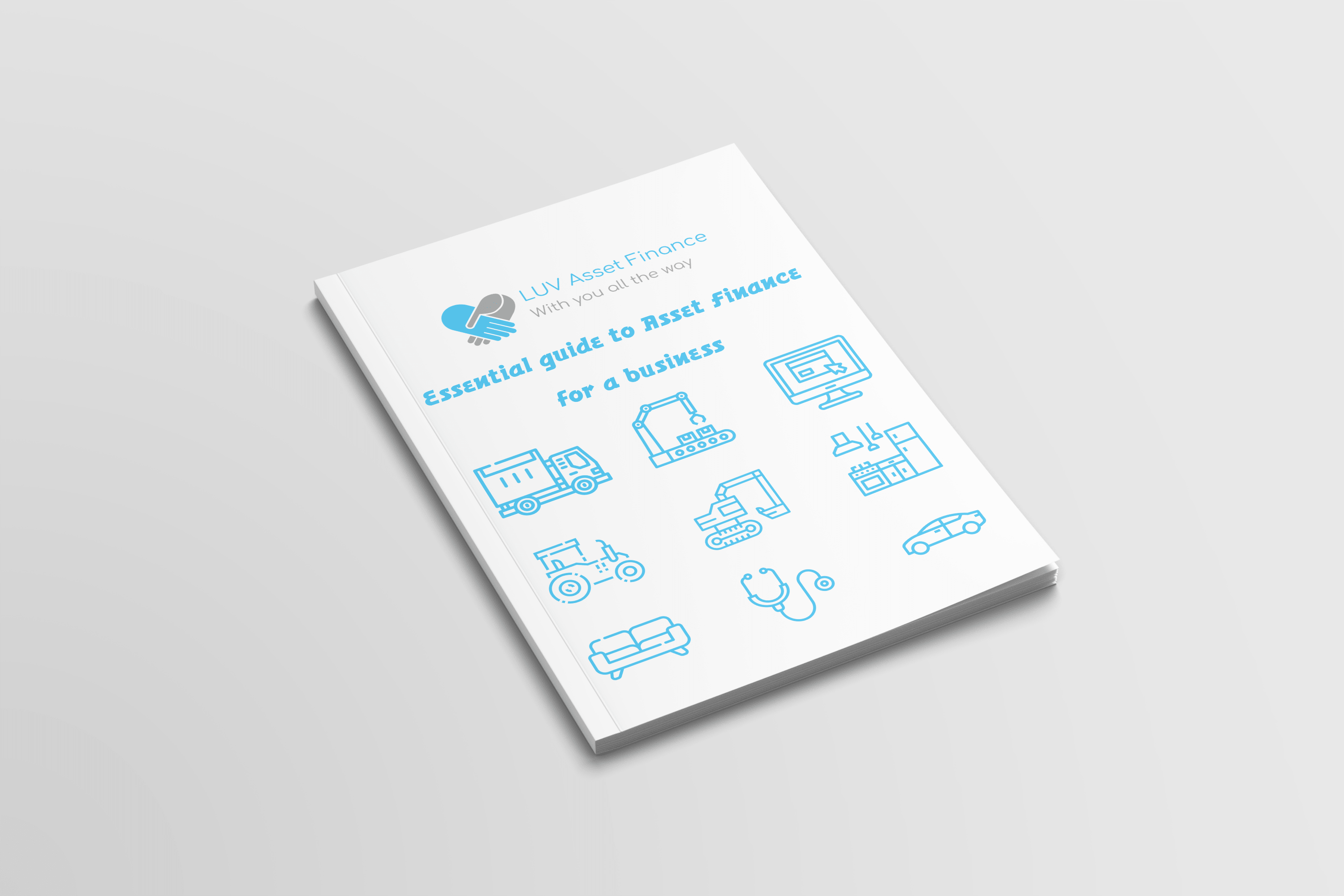The essential guide to managing cash flow

Does your office need a facelift?
9th May 2019
Essential guide to Asset Finance for a business
22nd July 2019When running a business, there’s nothing more important than having cash. After all, that’s what business is about. Having cash available means you can pay the staff and suppliers and make purchases such as new assets to better help your business grow.
However, when financial pressure mounts up as a result of companies failing to cover unexpected costs and struggling with efficient expenditure and credit control, even if you have financial help from investors, the state of your business’ finance can change at any given moment. These traits usually lead to a business’ demise.
So, what are the best practices to manage your cash flow within a business, let the experts at LUV Asset Finance tell you how…
Keep a close eye on your cash flow

Keeping a watchful eye on your cash flow is a must. A good way to ensure this is to have an accurate cash flow forecast which will take into account the seasonality of your business behaviour and subsequent cash flow. Your accounts can are the best indication of your customer financial state and also allows you to evaluate when to expect any upcoming shortfalls and excess payments and different parts of the year.
Consider alternative funding sources

Asset Finance allows businesses to borrow money against their assets that they already hold. Additionally, asset finance can be used to facilitate invoice discounting and debt factoring as well as stock financing to get more cash where it is needed.
Invoice discounting allows businesses to remain in control of the sales ledger allowing them to collect money from clients with them knowing you’re using a third party financing service.
Debt factoring, a distinctly different funding source, all your business to sell your invoices to a third party company. You will then be able to recover any debts and draw money against the money owed to you, which is normally around 90% of the value of the invoices within 24 hours.
When your business needs help with seasonal revenue, stock financing is the best option. This method allows you to borrow from the stock reserves and it will also aid with applying for any short term loans in order to cover corporations tax payments and VAT.
Get rid of the late payers

There aren’t many things within a business which are more frustrating and lead to more problems than late customer payments, especially for a smaller business. It’s often one of the main reasons businesses fail.
The first thing you need to do is assess whether late payments will cause a problem for your specific business; If late payments aren’t a particular issue for your business process, then you can slacken off on the customer.
However, if it is, let your clients know that late payments are a major issue and ask them to pay before you deliver your service or product. This can be in the form of full upfront payment or a deposit. If requesting a full payment or a deposit is not an option, you can always credit check your client before signing into any contract
Agree to business on paper

One of the key things for any business to do in order to operate securely when considering their cash is to agree on terms and conditions with your clients before ant business takes place. While it might seem like a friendly gesture to rely on a verbal agreement, in the business world it’s essential to get it on paper.
This allows you to raise any issues should you have to go to court or dispute cash flow with solid evidence. There is terms and conditions assistance online, however, with many businesses needing specific terms and conditions, you may have to visit a solicitor to guarantee its reliability. Once that’s boxed off, this needs to be featured as part of all your business agreements, and on your website, signed by the client
Confront issues head on

In situations where the customer does not pay after the confirmed payment day, you need to decide fast whether it is worth pursuing the debt at hand. For a large debt, it is advisable to hire a solicitor or claims consultant to operate a meditation practice before taking the case to court.
On the other hand, if the debt is small, you need to establish whether the cost of pursuing the debt is more than the debt itself. In that case, it probably isn’t worth it.


